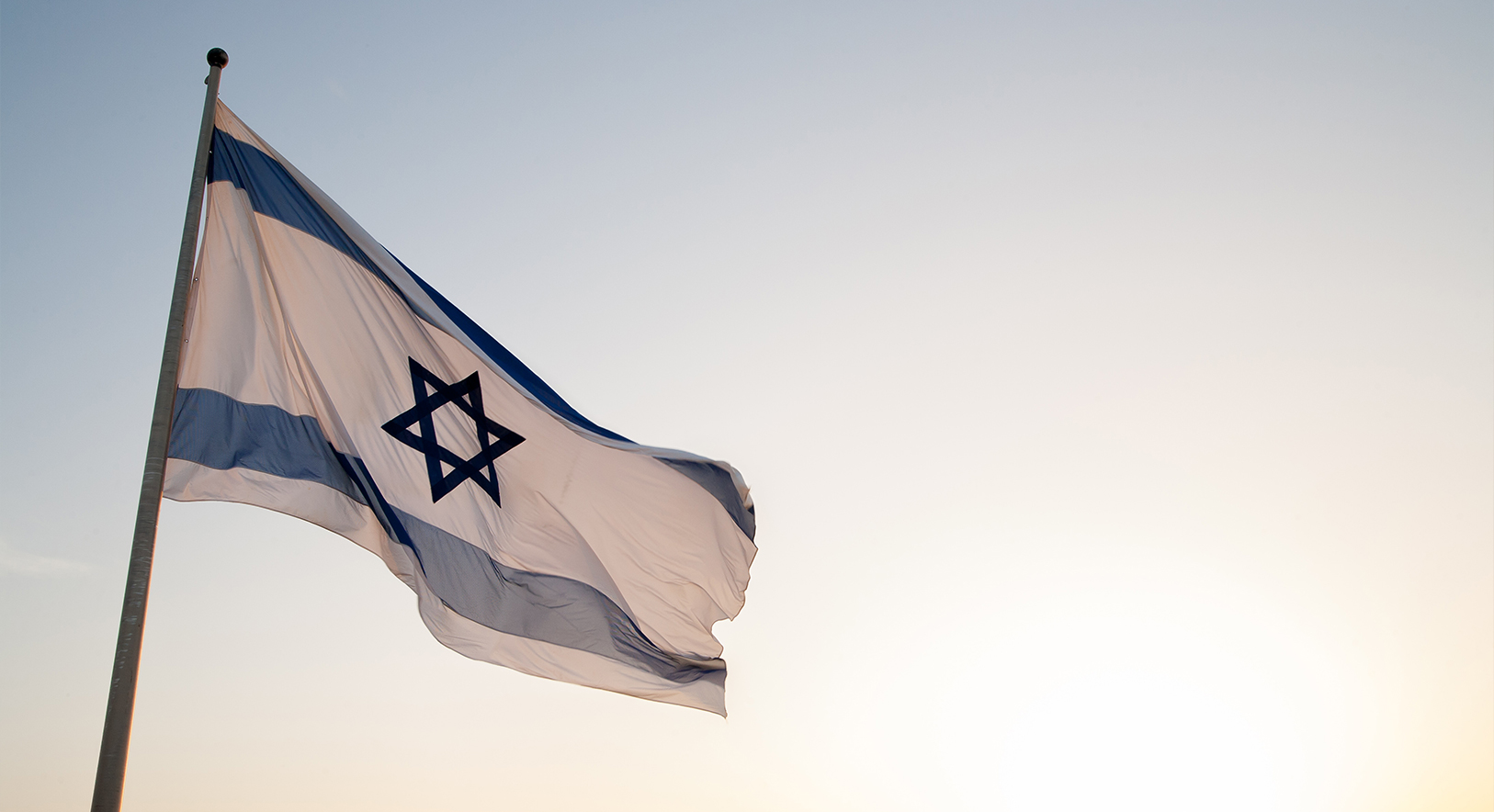Even for people who are Jewish, the Hebrew calendar can be difficult to navigate. For those who aren’t, it and its holidays can feel completely inscrutable, absolute minefields of religious faux pas. The challenge is so great, it has even inspired some semi-comical online tools to help those in need, such as www.IsItAJewishHolidayToday.com. Humorous-but-real, this website assists the uninitiated, providing binary yes-or-no answers to an implied question plaguing plenty of non-Jews: When isn’t it a Jewish holiday?
It is true: a major stumbling-block for interfaith efforts between Jews and non-Jews is that Jews often endure important events being scheduled on their holidays. No Jew should feel pressured to violate his or her religion as a price for engaging with the greater world; and, yet, when Jewish boys or girls, women or men, are pushed to perform work on their holidays lest they be educationally or professionally disadvantaged, our religious essence is put at odds with a secular reality.
Thankfully, most times that such conflicts arise they come from ignorance, not malintent. Therefore, our goal in the Jewish community must be to continue working to explain our traditions to those who don’t fully understand them. Though it might seem surprising at first, one of the most important types of outreach performed by the JCRC in this vein comes in the form…of a pamphlet. Our Five Year Calendar is an indispensable asset to the Jewish Federation in its mission to help those who are not Jewish understand the needs of their Jewish peers.
There is tremendous irony in the fact that the Jewish calendar, at times, leads to the aforementioned sort of clashes with the outside world. Our holidays, “liabilities” though they may sometimes be, also are some of the best resources we have to help people understand Judaism. When we teach the world about what our holidays mean, we help people to understand the things we most value. Each of our holidays speaks to unique themes and principles central to the ethos of Judaism; our holidays say quite a bit about us. In our quest to engage in outreach beyond the walls of the Jewish world, these traditions help people to wrap their heads around the heart of our religion.
So, in short, why should it so matter that the Jewish community have a way to clearly and succinctly communicate our schedule? Our holidays and rituals play an integral role in framing the experiences we have, from day to day and from year to year, as members of the Jewish people. Our special calendar and our holidays are some of the most tangible hallmarks of our tradition, and, to those outside the Jewish community, they can—if understood—represent a summation of what it means to be Jewish. They are a framework, a living structure of our history.
In a small way, the Five Year Calendar serves to help educate the world about regular Jewish experiences. It is, of course, only one piece of this pedagogic puzzle. Each of us must work to invite the larger world to join us in understanding our traditions and thereby invite them to better comprehend who and what Jews and Judaism really are. However, the Five Year Calendar helps us get started.
For more information about the Jewish Community Relations Council, please contact Cathy Gardner, CEO at (937) 610-1555.
[et_pb_divider color=”#00a8e0″ admin_label=”Divider – light blue” _builder_version=”4.7.7″ global_module=”2435″ saved_tabs=”all”]
[/et_pb_divider]
Jewish Holidays
All Jewish holidays begin at sundown the evening before the day listed
* These dates listed are the holiest days of the year;
expect virtually ALL Jewish students to be absent.
Bolded dates indicate holidays (or the central dates of some holidays) on which work or school is prohibited in Observant Judaism.
Some Jewish students will not participate in events during Shabbat, which is celebrated every week beginning Friday evening through sundown on Saturday.
[et_pb_divider color=”rgba(126,190,197,0)” divider_weight=”0″ admin_label=”Spacer – 15px” _builder_version=”3.23.4″ height=”15px” global_module=”3663″ saved_tabs=”all”][/et_pb_divider]
[ninja_tables id=”16138″]
[et_pb_divider color=”rgba(126,190,197,0)” divider_weight=”0″ admin_label=”Spacer – 15px” _builder_version=”3.23.4″ height=”15px” global_module=”3663″ saved_tabs=”all”][/et_pb_divider]
[ninja_tables id=”16139″]










